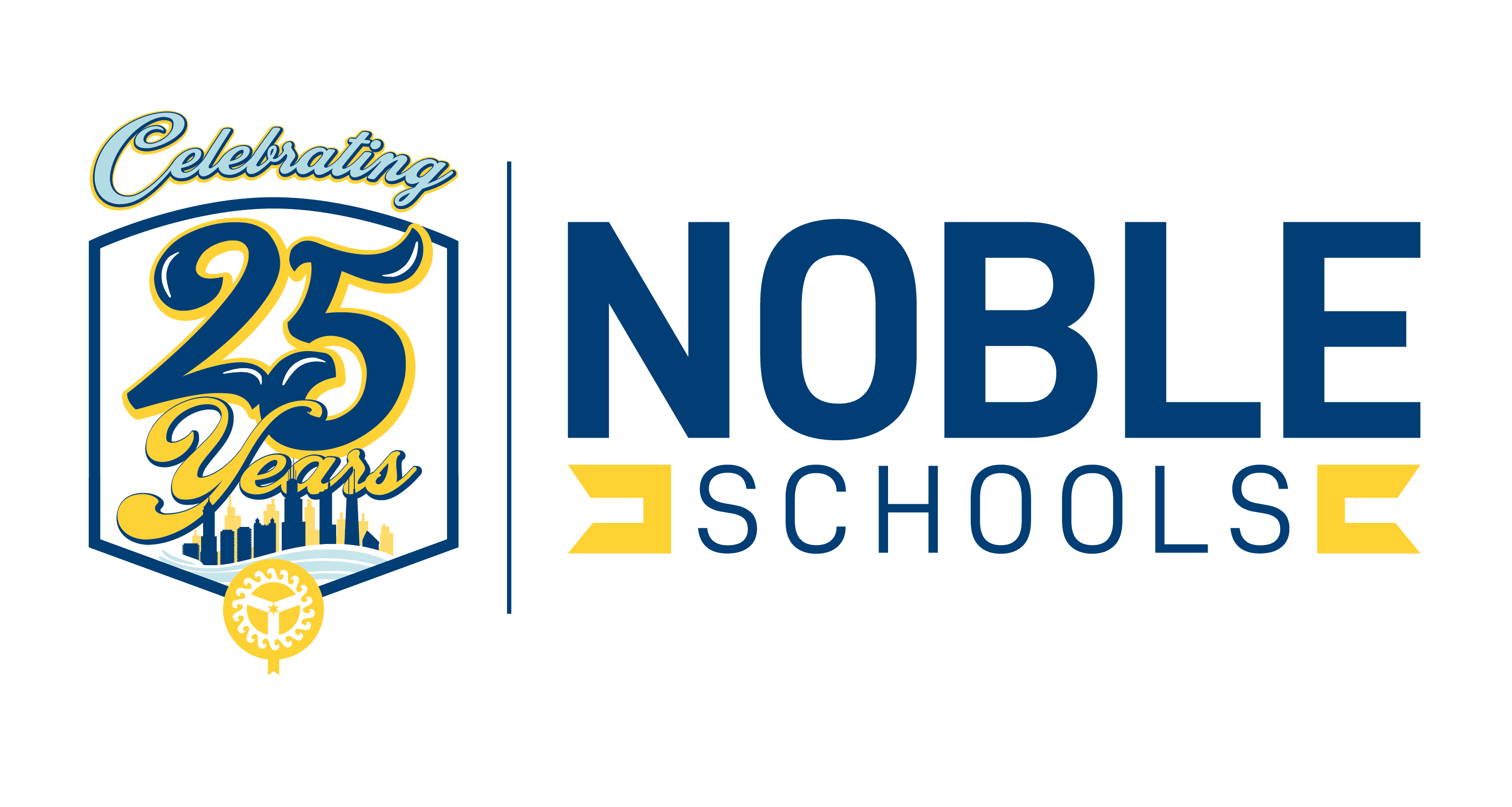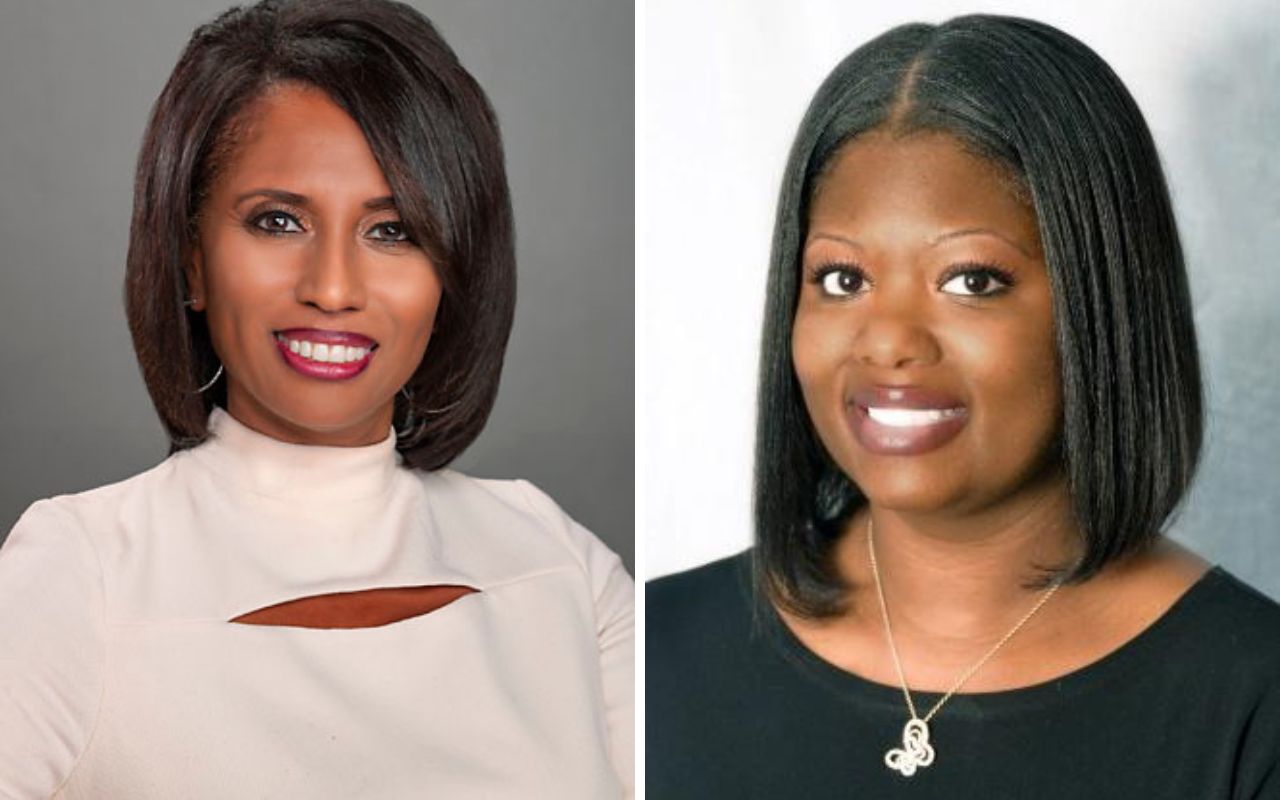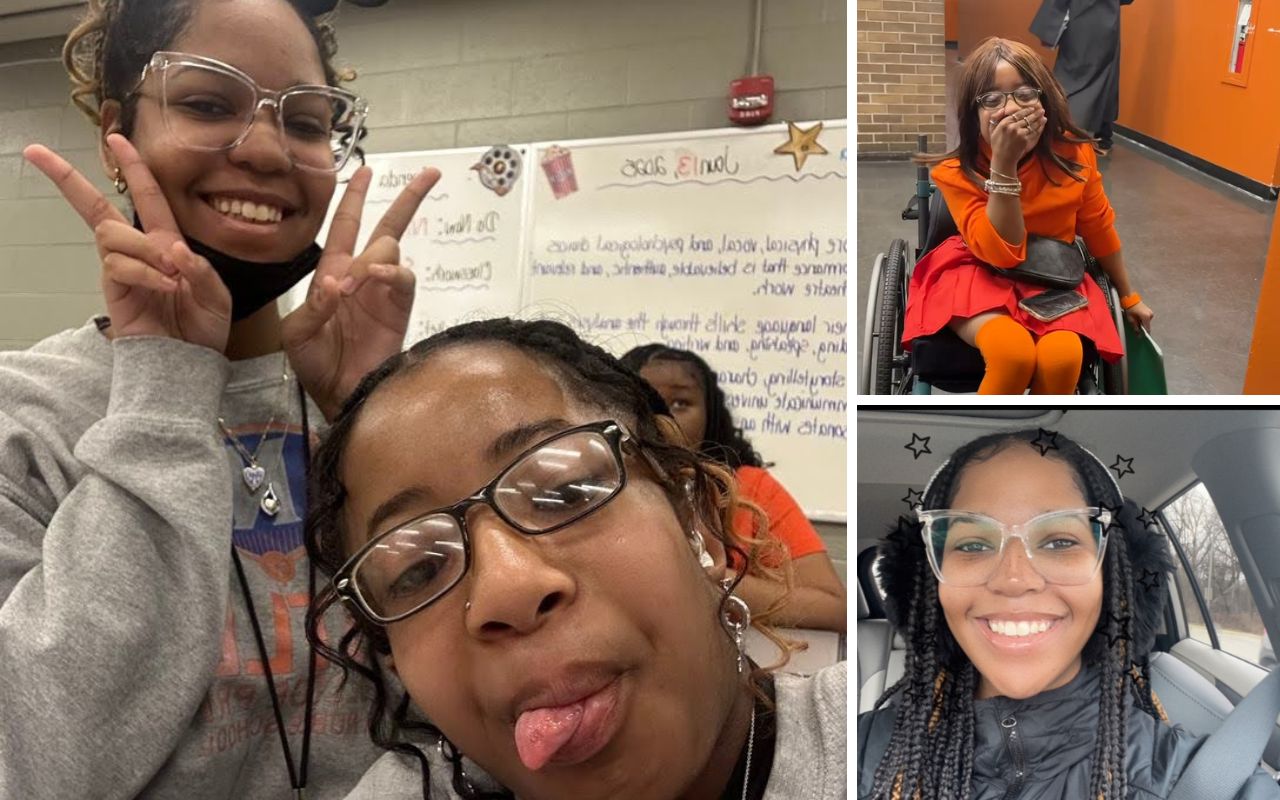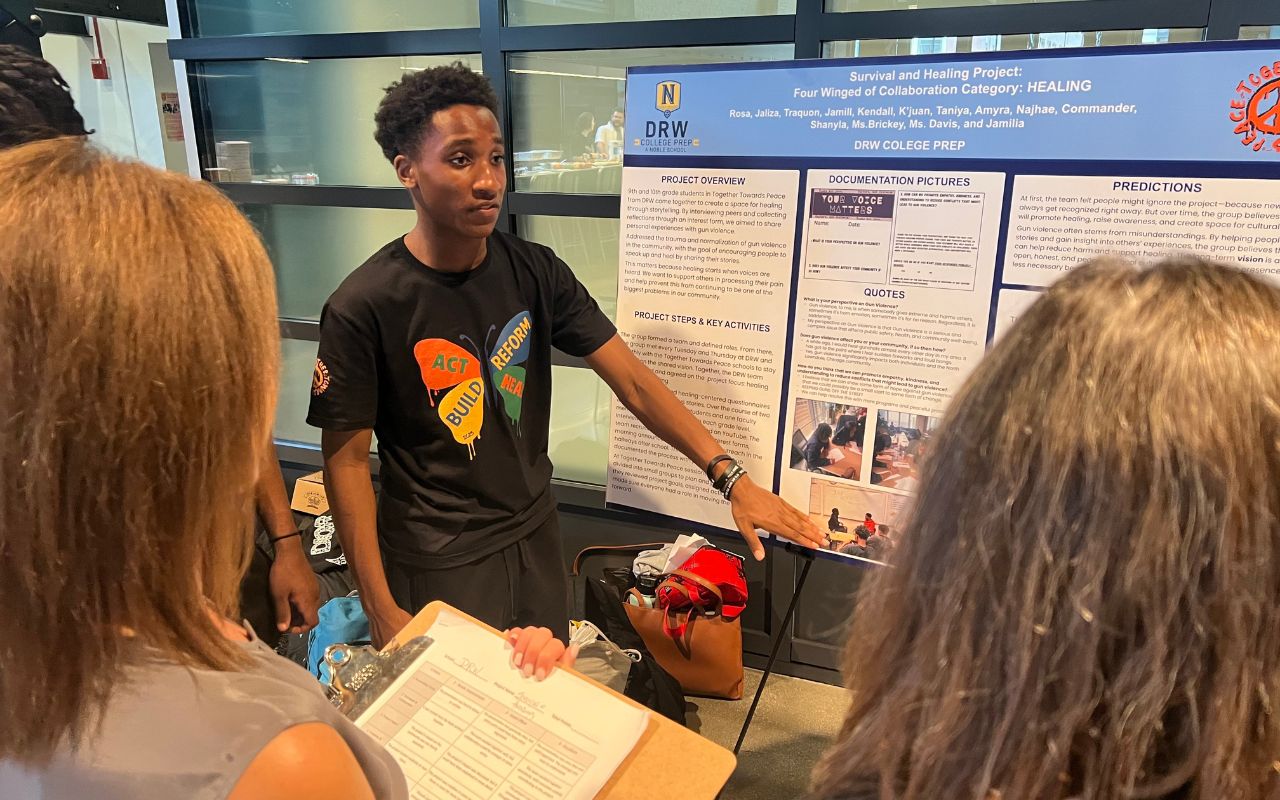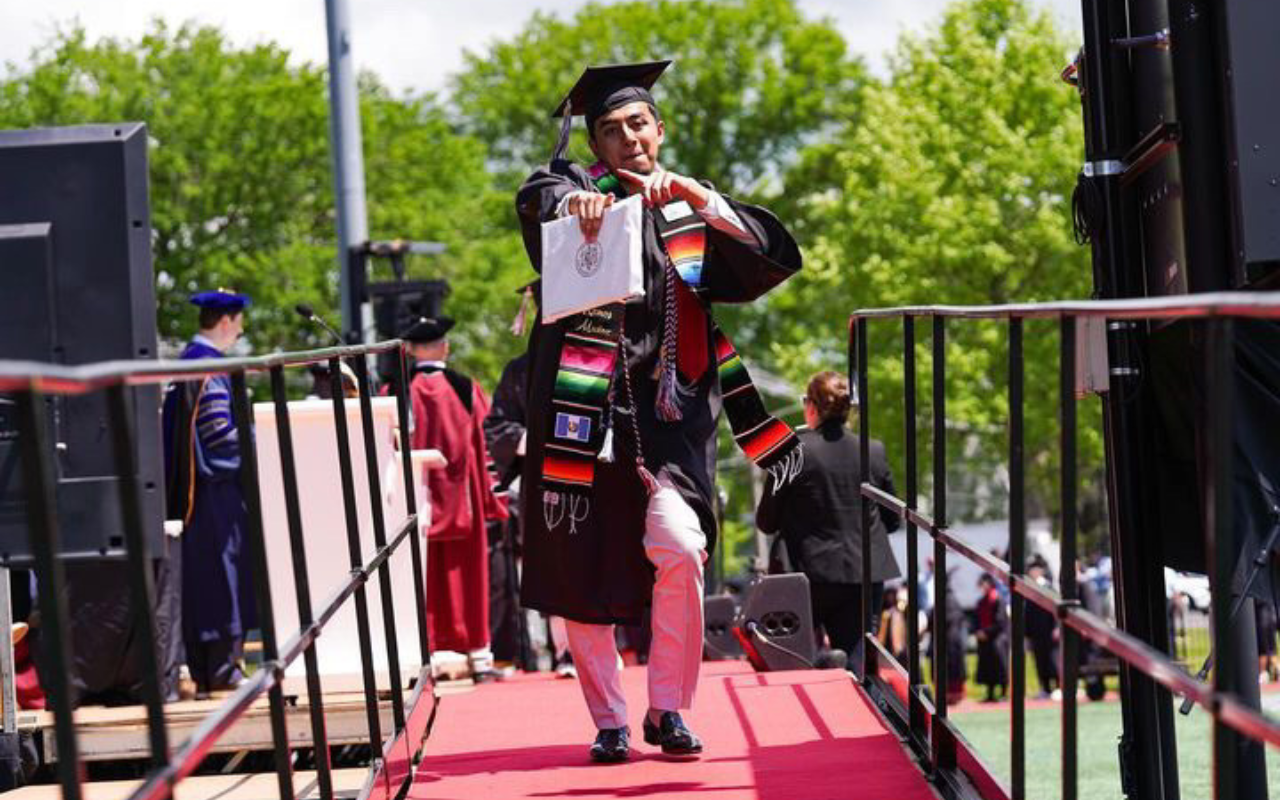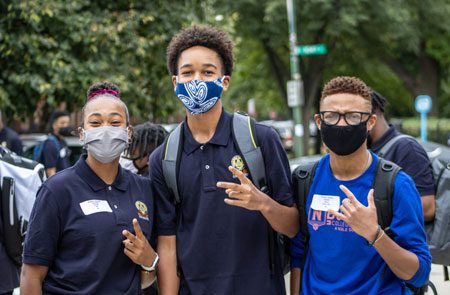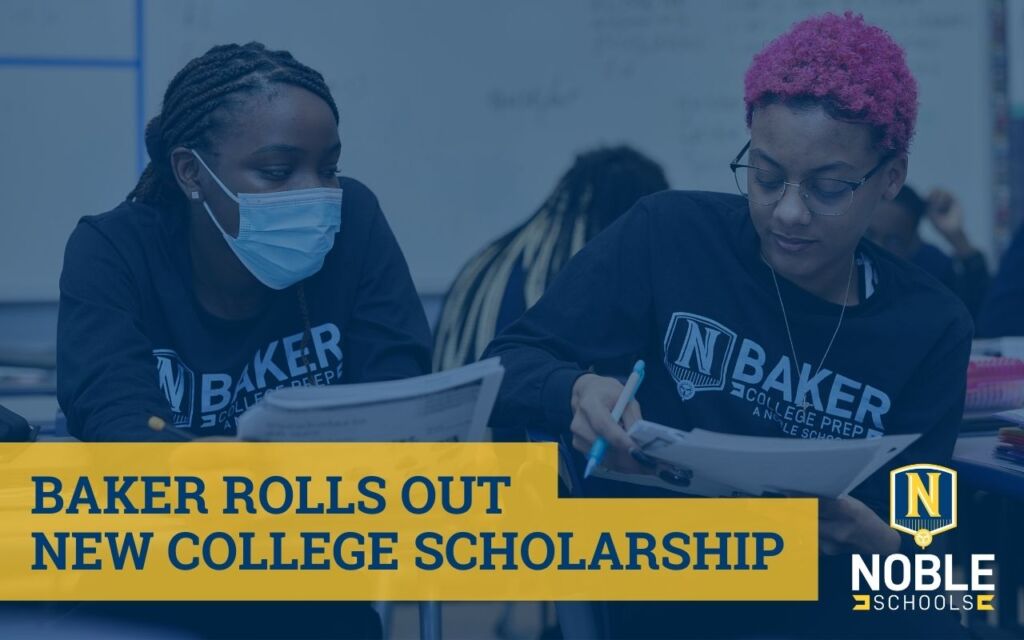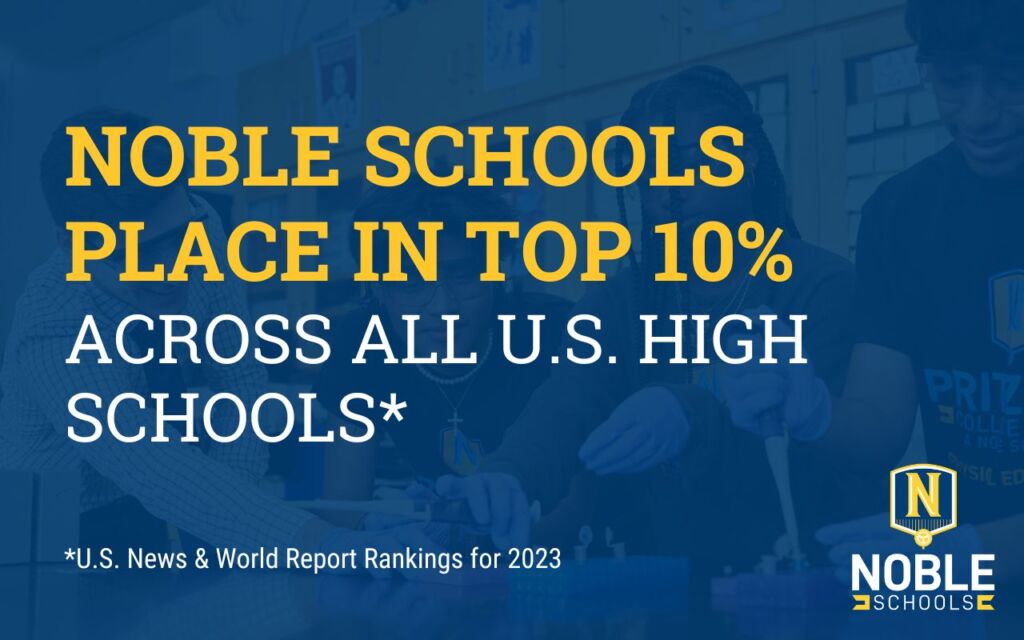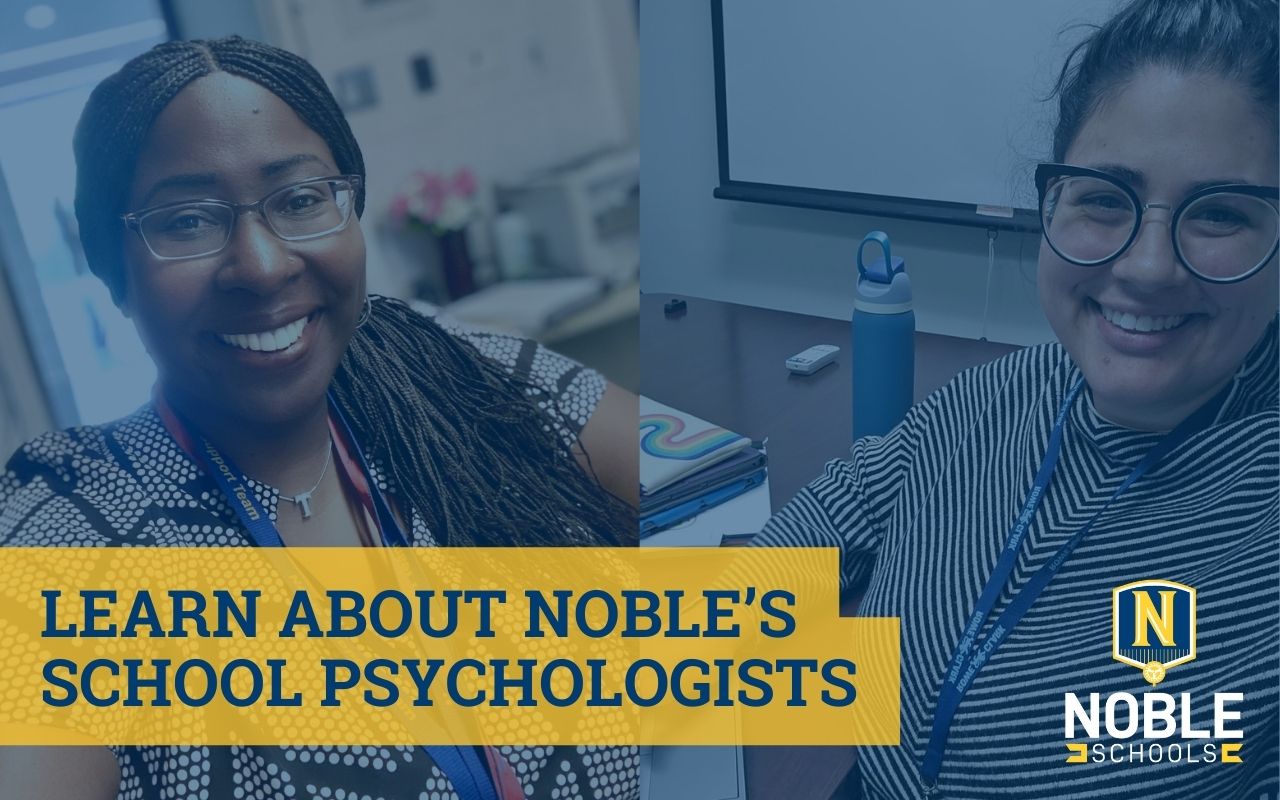
Many people don’t know what a school psychologist does. Some think they’re like a social worker – working one-on-one with students to provide resources. Others think they are in-school counselors and therapists – holding sessions to help students work through emotions and life challenges. And while they have the knowledge and skills to do those things, a school psychologist’s real specialties are in data collection, assessment, analysis, and collaboration.
Currently, Noble Schools employs seven permanent school psychologists to serve our campuses, especially our special education programs. We talked more with two of them to get a better understanding of what they do, why they do it, and why their unique skills are imperative to the educational journeys of our students. Check it out:
WHAT SCHOOL PSYCHOLOGISTS DO
While the work of school psychologists is complex and involves a lot of different tasks, their main responsibility lies in assessing students’ academic needs and developing plans to help them best succeed in school.
In just a few words, two of our school psychologists described from their perspectives what they do:
“School psychs are trained mental and behavioral health professionals that provide students services to ensure that students are able to have successful academic journeys,” Dr. Tiffani Farrow, who serves both UIC College Prep and Johnson College Prep, said.
“I help students, teachers, and parents understand the complexities of learning and how we can help everyone succeed,” said Dr. Maria Vlantis, the school psych for Rowe-Clark Math & Science Academy, Pritzker College Prep, and The Noble Academy (TNA).
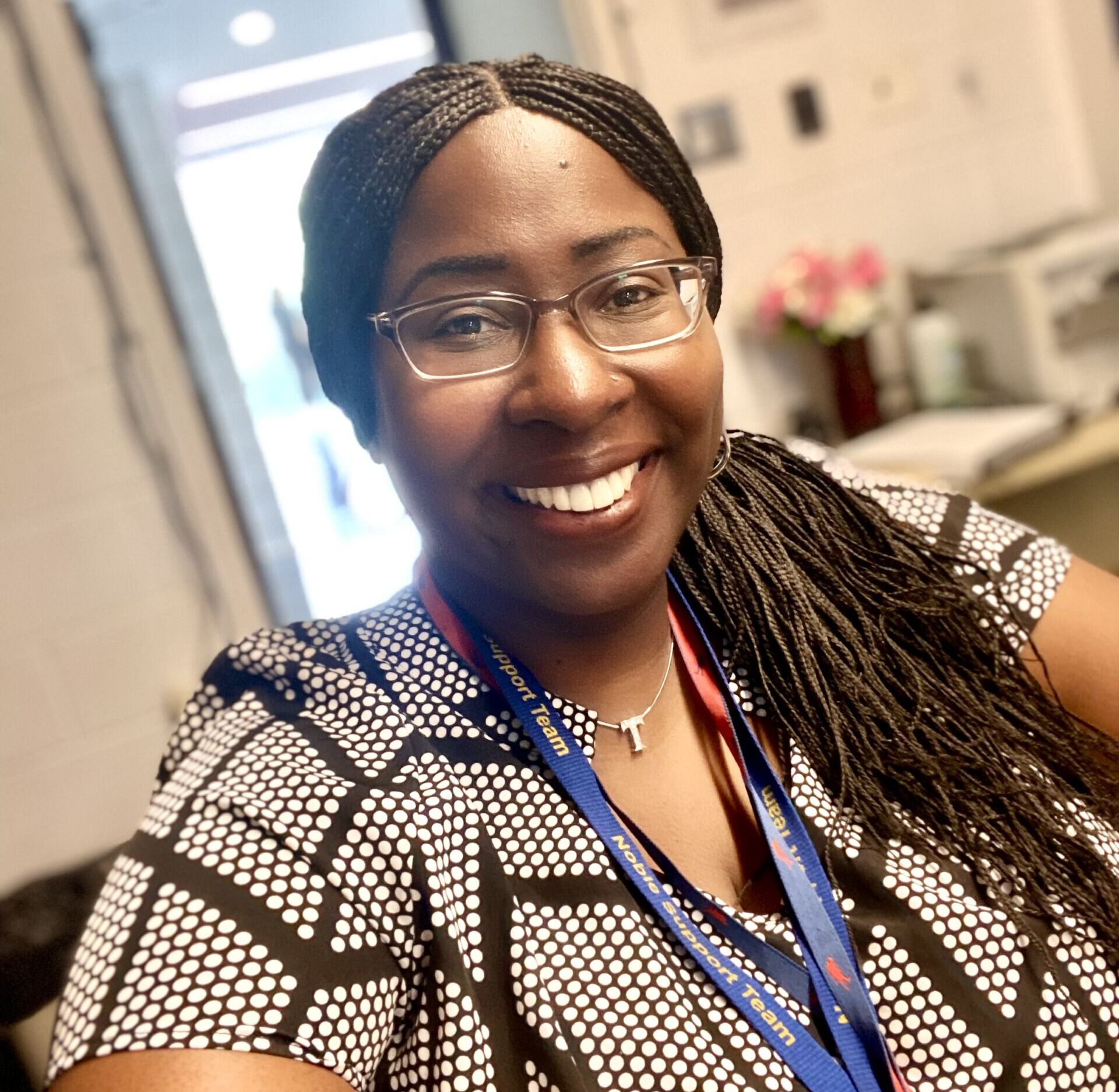
Dr. Tiffani Farrow in her office at Johnson College Prep.
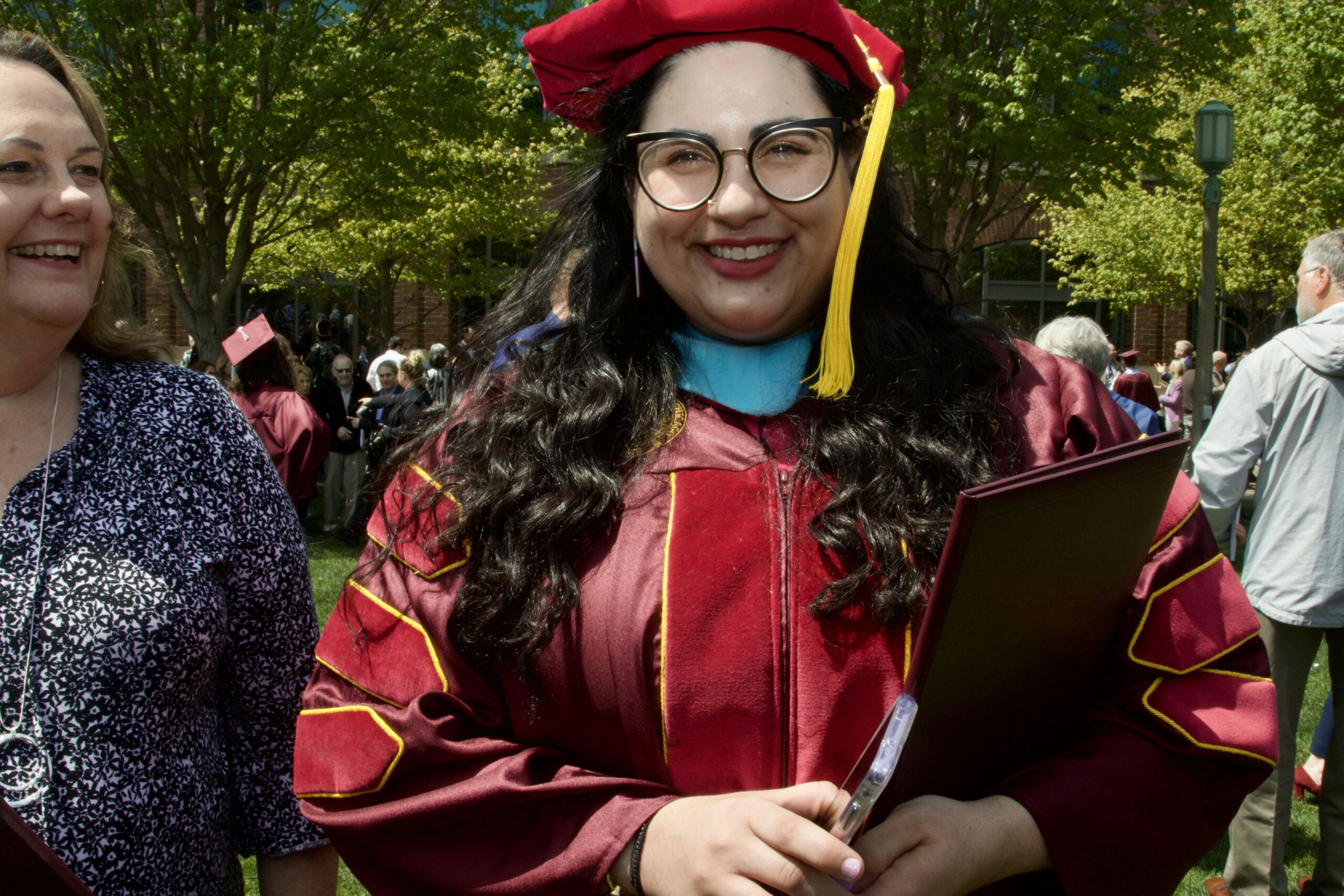
Dr. Maria Vlantis at her graduation ceremony at Loyola University.
For both of them, collecting data on students, conducting fair and equitable academic assessments, and collaborating with staff to meet a student’s unique learning needs are a core part of their job. A typical day for a school psychologist, Dr. Vlantis said, involves meeting with case managers, social workers, and school staff to talk about student learning plans and using a variety of testing tools to assess individual students on where they are in their learning.
“We have to tell a story for each student… We’re doing academic record reviews and behavioral record reviews. We’re interviewing teachers, we’re interviewing the students. We’re doing observations, we’re doing assessments,” Dr. Farrow said.
“I haven’t met anybody else in a school who is trained in assessments like we are, other than like a speech pathologist or an occupational therapist, but that’s more niche. Whereas, we do cognitive, we do academic, we do social-emotional, we do daily life skills,” Dr. Vlantis said.
Another major responsibility of school psychologists is meeting with parents to discuss their student’s learning needs and how the parents can support them. Both Farrow and Vlantis emphasized the importance of making sure the data and proposed solutions they present are accessible and culturally relevant.
“It is so important that the information we give and the assessments we use are culturally valid and reliable,” Dr. Farrow said.
“For my own practice, the most important thing is, when we’re reporting out at meetings, we’re making sure that the parents leave with an understanding of what just happened and what their student needs and how they can accomplish that,” Dr. Vlantis said.
To learn more about what tools and standards Noble’s school psychologists use in their work, you can check out the National Association of School Psychologists’ website. Noble’s school psychs follow the guidelines and recommended practices laid out by NASP.
WHY THEY DO IT
Dr. Farrow has been at Noble Schools for four years now, but prior to that, she was a CPS middle school teacher for over 15 years. The things she saw as a teacher propelled her into pursuing more education to become a school psychologist.
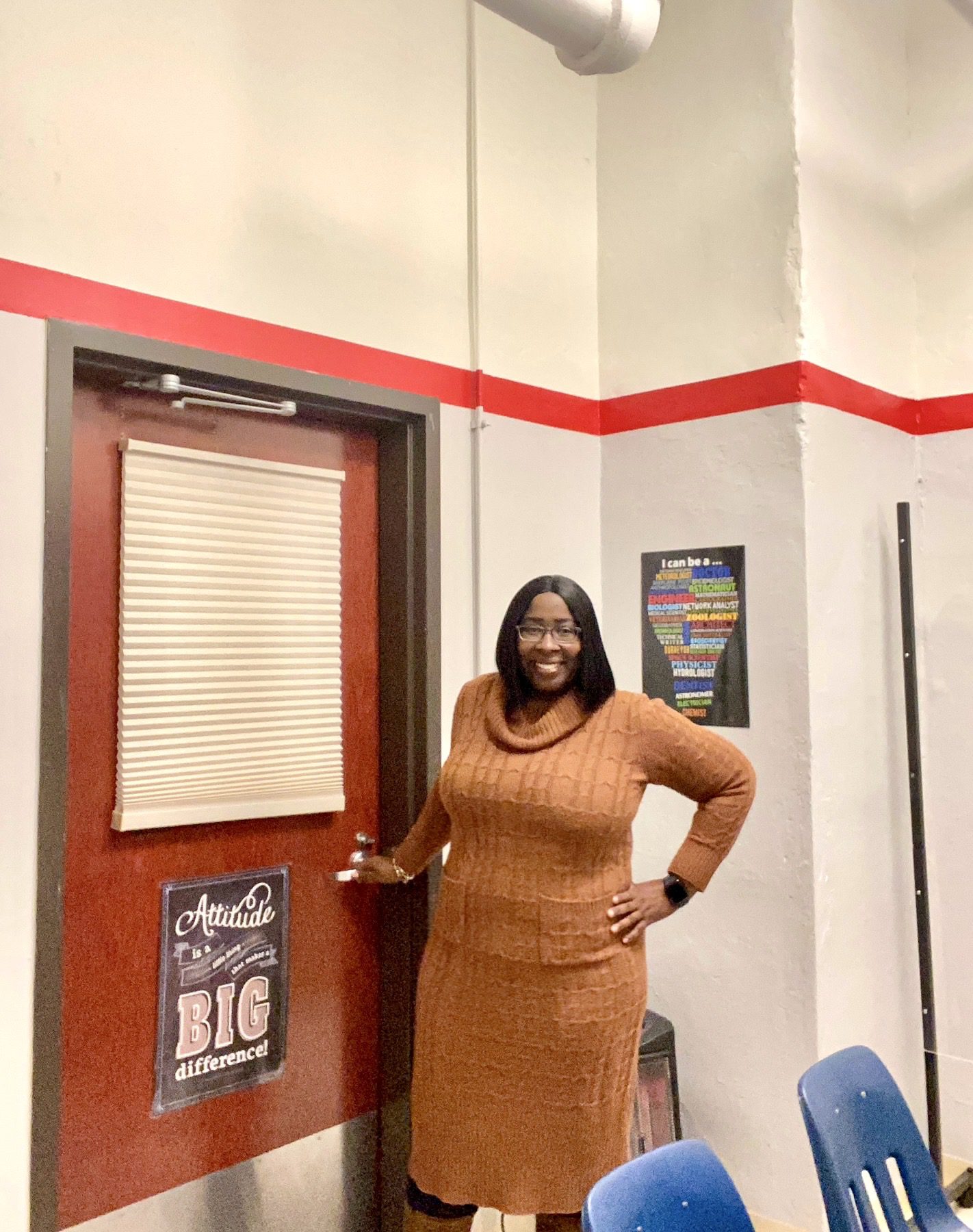
Dr. Farrow stands in front of her office at UIC College Prep.
“I saw more students coming in with trauma and issues that I could not help them with. And so, I said, ‘It’s time for me to go in a different direction in education. I’ve done just about all I could do in the classroom as a teacher.’” Dr. Farrow said. After researching, Dr. Farrow decided on school psychology and got her Ed.D. from Loyola University.
She does not regret her decision at all. She is passionate about the ways she is now able to impact the lives of the students she works with.
“I appreciate when I am able to remove a stereotypical label that is unnecessary or contribute to the dismantling of the school-to-prison pipeline; when I can decrease the numbers in the over-representation of Black boys in special education,” Dr. Farrow said, “When I can do that, I feel that I’m really impacting the greater community. You change their lives – you’re changing their outlooks and the outcomes of how they interact in society.”
Dr. Vlantis is newer to Noble Schools. Last year was Dr. Vlantis’ first school year with Noble but her sixth as a school psychologist. She also got her Ed.D. from Loyola. She said she has always been interested in supporting kids with their mental health, especially because of her own high school experience.
“I think that as I reflected on my own experience, I saw that a lot of what we needed in high school was to talk to someone or just process things, feel validated, and feel heard. So, I wanted to be that person,” Dr. Vlantis said.
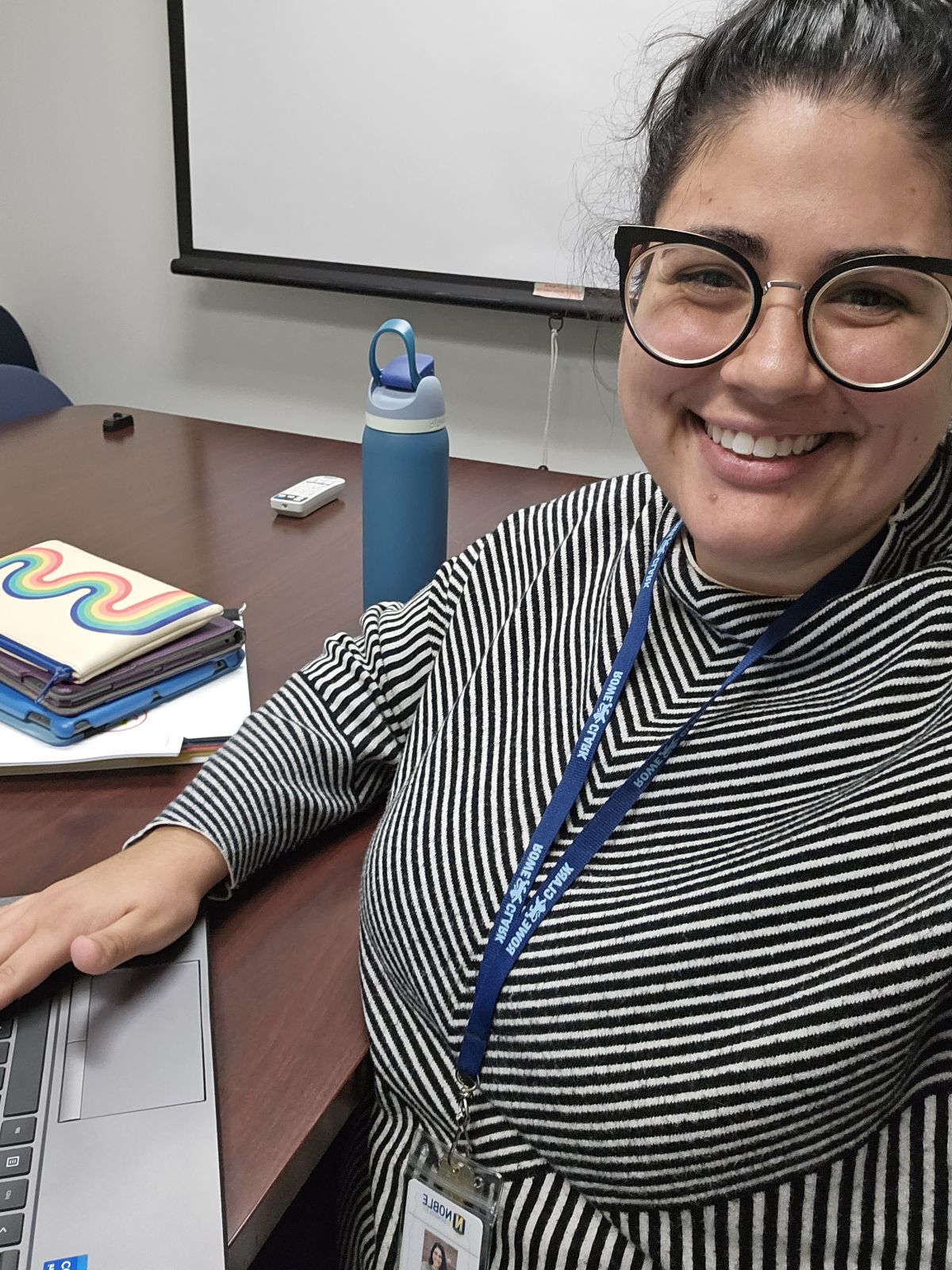
Dr. Vlantis in her office at Rowe-Clark Math & Science Academy.
She decided to pursue school psychology because she loved the unique blend of supporting kids with both their mental health and their academics.
“I love advocating for kids. I love being that person in their corner if they have nobody there,” Dr. Vlantis said.
WHY SCHOOL PSYCHOLOGISTS ARE IMPERATIVE TO OUR SCHOOLS
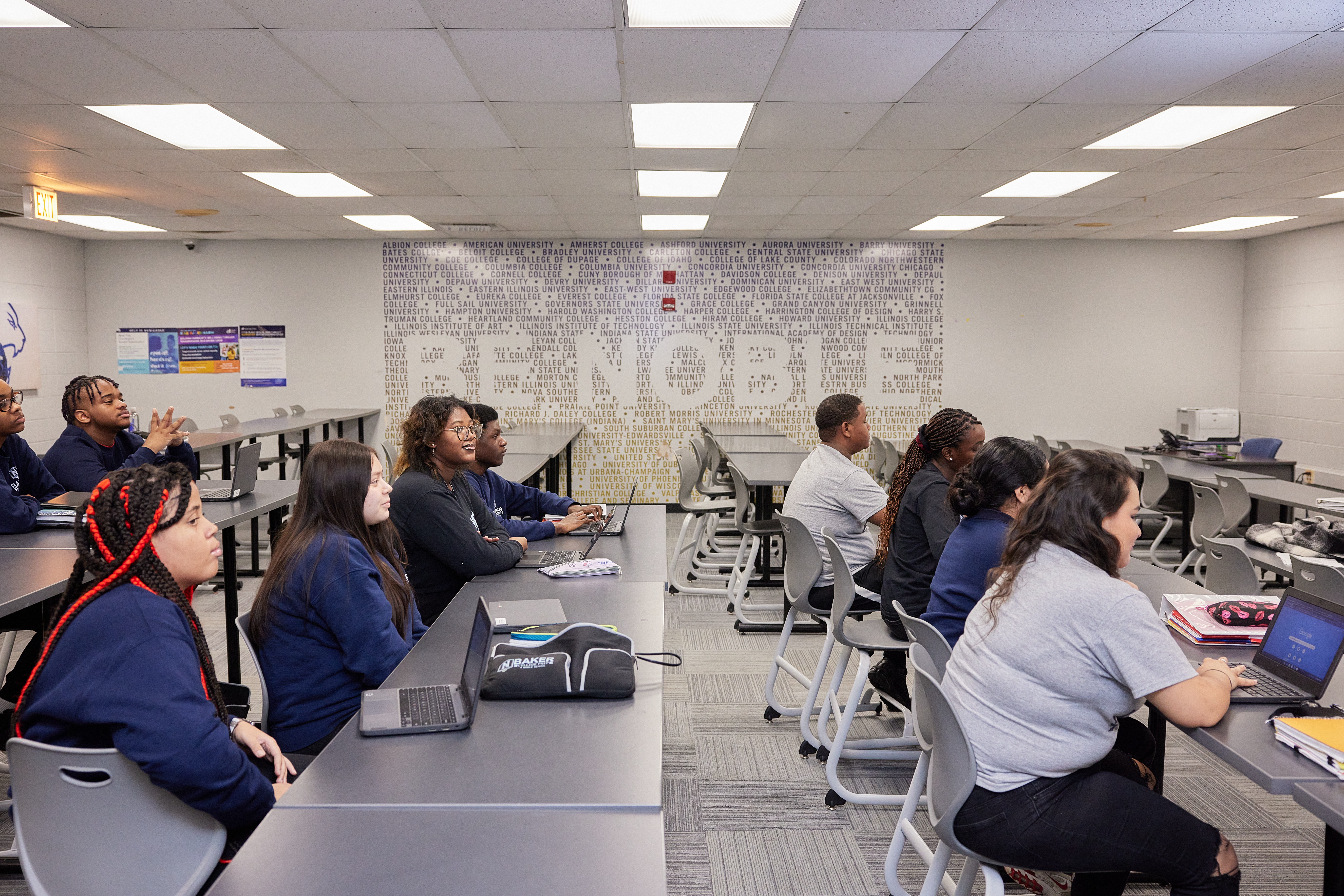
Across the country, there is a critical shortage of school psychologists, so most schools will just contract outside school psychologists to stop in once or twice a month. However, Noble Schools prioritizes supporting the whole child and thus hired seven permanent psychs because we understand the deep value they bring to our school communities. Dr. Farrow says the ability to actually be in the schools consistently makes all the difference.
“We are a valuable part of ensuring that students’ needs are prioritized, and it’s better to have school psychs that are a permanent part of the Noble community so we can better build relationships,” Dr. Farrow said.
The unique skills and perspectives of school psychologists are essential to help build better academic support plans for all of our students, especially those who are struggling.
“I think, without a school psych, you would not have that person who can make the connection between what we’re seeing and what’s actually happening,” Dr. Vlantis said.
Dr. Vlantis gave an example of what kind of perspective school psychologists can bring to the table to help better support students:
“For example, we might have a student who has a specific learning disability. And when you do a social-emotional assessment, you may see that they have low self-confidence, they have low self-efficacy. That’s more information so you can be like, ‘Hey, Timmy’s not being a jerk. He’s avoiding it because he doesn’t feel like he’s smart.’”
Dr. Farrow also emphasized the unique perspective of a school psychologist – and she hopes all Noble’s campuses will continue to partner closely with her and her fellow psychs.
“School psychs are really important because we see and we can give what is needed to help schools and students be successful,” Dr. Farrow said, “Every day, we move within these buildings. We really do work closely with leadership to ensure that we make our presence known and that we are being utilized to the fullest capacity – not just assessing kids.”
